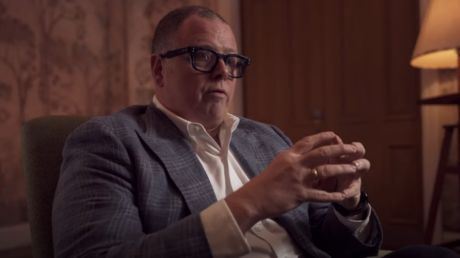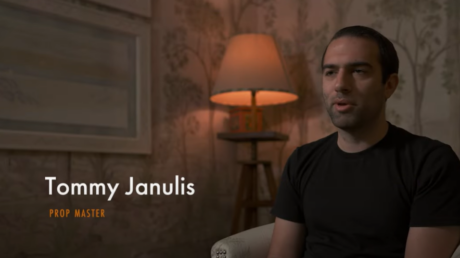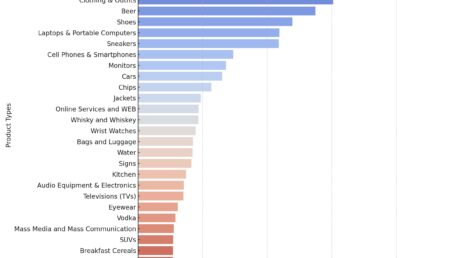Lawrence Stroll bought the team and a stake in the carmaker. He’s now testing the old racing adage, “Win on Sunday, sell on Monday.”
Auto racing has helped sell products from Budweiser to Viagra, motor oil to Martini & Rossi, and seemingly every gasoline and cigarette brand. Now, with Formula 1 making huge inroads in the United States — supercharged by the hit Netflix documentary series “Drive to Survive” — we’ll see if it can sell Aston Martins.
Lawrence Stroll, the Canadian billionaire and executive chairman of the blue-blood British car brand and owner of the Aston Martin Formula 1 team, made the lucrative connections clear in Manhattan at the opening of the company’s flagship showroom called Q New York, on Park Avenue.
A “Drive to Survive” camera crew trailed behind Stroll, whose son, Lance, drives one of the team’s cars that are punching above their weight. The next trick for his father is to reverse the brand’s serially shaky fortunes and get out of Ferrari’s shadow with wealthy buyers.
Outside the fancy showroom, framed by one of the largest plate-glass windows in New York City, passers-by wear out smartphones taking photos of a Valkyrie AMR Pro inside, a goblin-green alien at rest.
Designed by the Formula 1 legend Adrian Newey, the more than $4 million, 1,000-horsepower phantasm can be legally driven only on a track, and just 40 copies were built.
The bestial machine appears the antithesis of the gentlemanly cars that built the brand’s postwar image. Yet the Valkyrie and Formula 1 underscore Stroll’s bid to lure new generations of buyers who might know Aston only for being British, expensive or James Bond’s chosen ride.
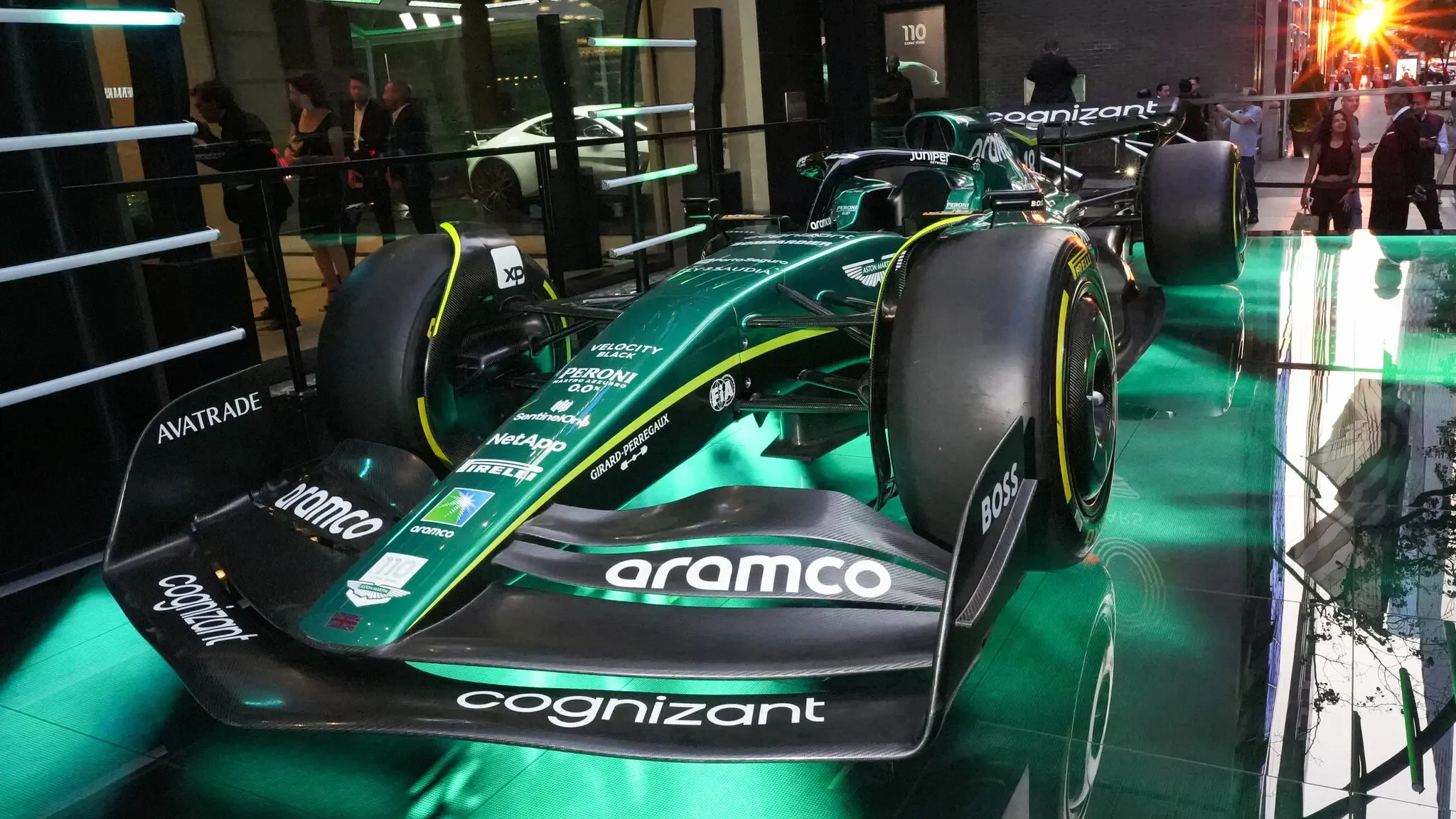
Stroll said the timing couldn’t be better. After decades as a niche sport in America — seemingly as obscure as cricket — Formula 1 has seen its television ratings and attendance soar, goosed by the soap opera-at-speed that is “Drive to Survive.” This year, the U.S. soil that NASCAR seemed to claim as exclusive territory is hosting three Formula 1 races for the first time in 40 years, including upcoming spectacles in Miami and Las Vegas.
“The F1 effect is phenomenal, especially in this country,” Stroll said. “It’s just been a different company since we’ve had a Formula 1 team.”
“The idea of ‘Win on Sunday, sell on Monday’ has never been more true,” Stroll added, invoking an industry bromide from the early days of NASCAR.
That Formula 1 effect is influencing every Aston effort, from ambitious product plans to stabilizing the bottom line. The company posted an operating loss of about $152 million last year, even as revenues jumped 26 percent. But Stroll said Aston was ahead of schedule to sell more than 9,000 cars and generate $2 billion in annual sales, led by the DBX sport-utility vehicle, which delivered half the brand’s 6,412 global sales in 2022.
Financial losses are as much a part of Aston’s 110-year history as its Bond cars, including a DB5 driven by Sean Connery’s 007 in 1964’s “Goldfinger,” before many advertisers had heard of the phrase product placement.
Aston executives point to a January brand health study that showed that a whopping 96 percent of U.S. customers feel the association with Formula 1 makes them more likely to consider the brand. Ninety-eight percent of Aston owners feel the Formula 1 halo “makes the cars more exciting to drive” and “improves the brand’s technology credentials.”
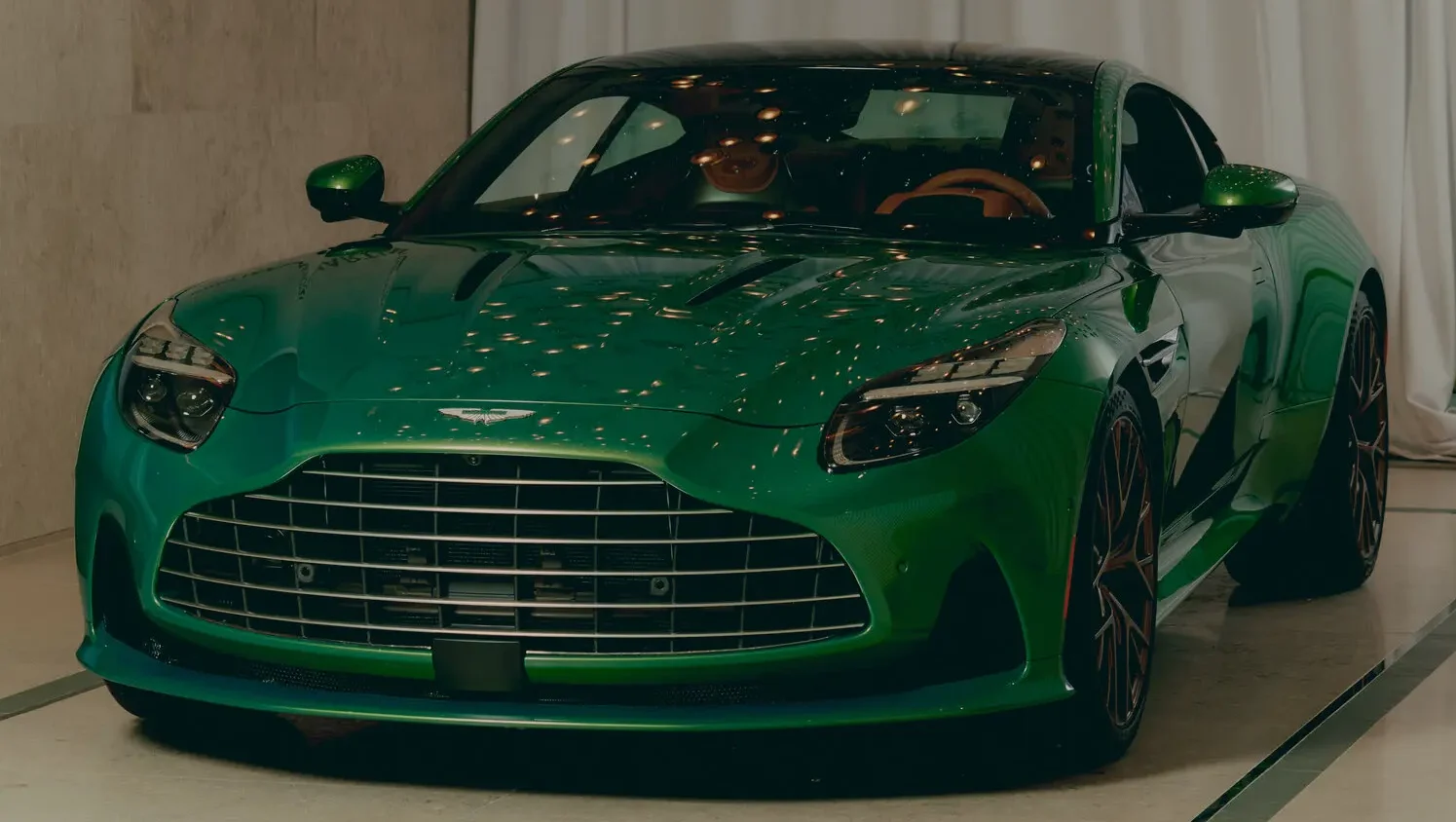
Aston has also created a team to “take what we’ve learned in race testing and figure out how to bring it to road use,” Stroll said.
The brand can measure the sport’s effect in real time. As drivers rip around tracks across the globe, consumer traffic on Aston’s web tool for building and pricing models jumps by at least 25 percent, according to Lawrence Stroll. Other measures are more subjective, including a boost to company morale.
In a literal water-cooler moment in June, Lance Stroll drove one of his team’s cars through the office of Aston Martin’s new $260 million Formula 1 headquarters across the road from the Silverstone track in England. Workers watched as Stroll laid gooey stripes of rubber on the waxed floors.
Ricky Ray Butler is chief executive of BENlabs, an A.I. entertainment and product-placement company that worked with General Motors to promote electric models in the hot-pink blockbuster “Barbie.” They include Barbie’s electric 1956 Corvette, Ken’s Hummer EV and a 2024 Chevy Blazer EV SS. Butler said Formula 1 and “Drive to Survive” gave Aston Martin a major opportunity to expand its audience and steal market share from competitors.
“Aston Martin being in F1 and ‘Drive to Survive’ is a smart move, but it’s also the tip of the iceberg,” Butler said. “Having one viral moment is like being a one-hit wonder; the trick is to do it over and over and consistently drive impact.”
BENlabs’ A.I.-driven research shows the F1 audience currently engages more with other luxury brands than it does with Aston Martin, including Mercedes-Benz, which until recently had dominated the series for years.
With 41 percent of television viewers habitually avoiding advertisements, Butler said, integrating products into content in a natural, unforced way delivers better audience engagement and results. And while Stroll doesn’t always care for the sometimes-manufactured drama of “Drive to Survive,” there’s nothing more natural than Aston Martin competing in the real-life cauldron of Formula 1.
Norm Marshall and Associates, a product-placement company later acquired by BENlabs, helped BMW hijack Aston’s most familiar intellectual property by putting Pierce Brosnan’s 007 in a BMW Z3 roadster in 1995’s “Goldeneye.” Butler said the placement helped drive $240 million in sales for the Z3.
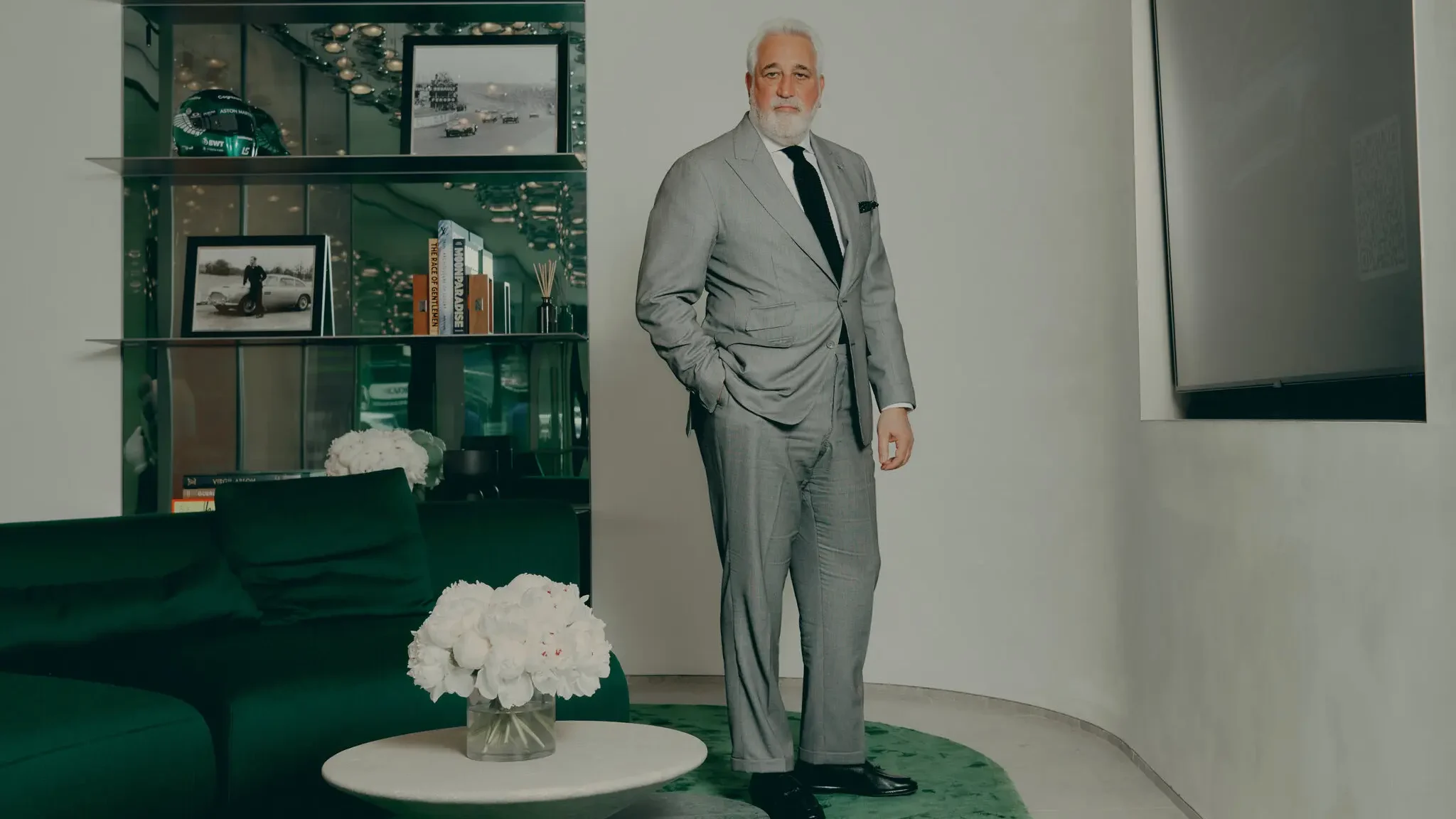
Aston Martin has now generated perhaps $60 million in sales via a “Vantage F1 Edition,” a version of the Vantage safety cars that marshal entrants during race incidents. Stroll said Aston had sold as many as 400 copies of that car, which starts at about $178,000.
At the Q store, Marek Reichman, Aston’s chief creative officer, shows off the new $248,000 DB12, which combines the brand’s familiar curves with a twin-turbo V8 sourced from Mercedes-AMG that produces 671 horsepower.
Before his consortium bought a controlling stake in the brand in 2020, Stroll was a passionate car collector, including of Astons. Stroll said he made his feelings known to company executives even then.
“As much as I loved the cars, I never believed the performance matched the beauty,” he said.
The Q Store, named for the gadget master who outfits Bond, aims to do the same for customers, tuxedo optional. In this atelier, video and virtual content are key. Buyers can collaborate over video links with designers at the company’s headquarters in Gaydon, England, to create their car.
On the day that the store opened in June, Stroll sat at a long table, backed by swatches of leather, trims and other rich options that recalled his fashion background, including former stakes in the Michael Kors and Tommy Hilfiger brands.
A DBX took shape on a wall-size screen, and brushing samples of colors or options against a tablet instantly translated to changes on the screen.
Reichman dropped the Aston into a range of virtual environments, including a moody Scotland at dusk and a sun-kissed Miami.
“You’re getting a true view of what your car will look like outside,” Reichman said, with pigments reflecting the actual geographic environment and time of day.
A customer’s paint whims can be rendered on-screen in 24 to 48 hours, Reichman said. One Valkyrie buyer asked Reichman to match the titanium color of a moon rock. More than half of Aston buyers are using the Q by Aston Martin service to personalize their cars, according to the company. Drop the big bucks, and Reichman himself may fly over from Gaydon to guide a client’s choices.
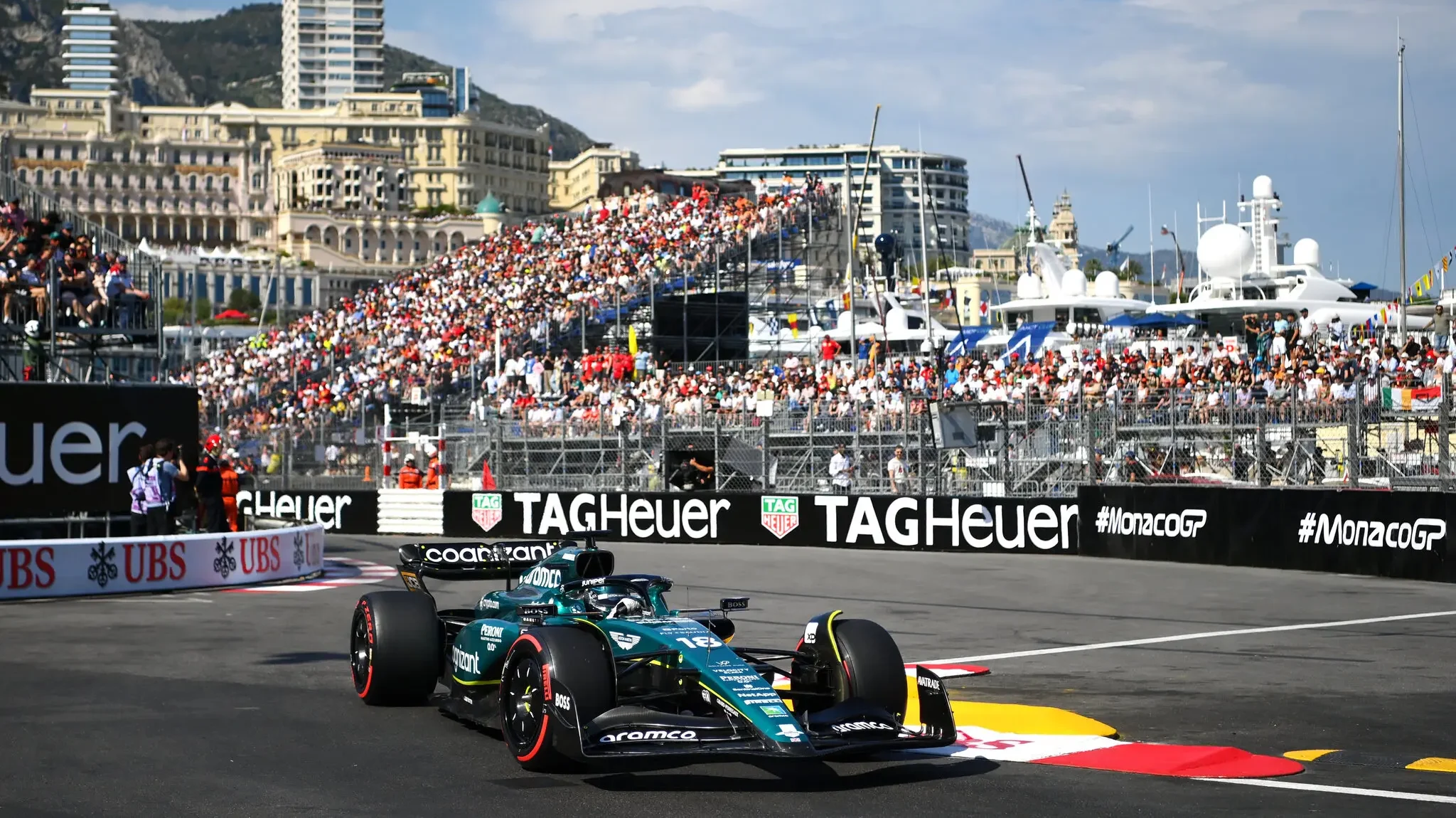
“If someone is buying more than one car, or a whole portfolio, of course I’d come out,” Reichman said, smiling.
As with the father-and-son Strolls and their rising profile in America, it’s all about the power of brand, where buzz, image and cultural cachet rule. Aston Martin is proving that Formula 1 can help sell cars.
“Here, we’re hanging up brake calipers instead of men’s jackets or women’s dresses, but the principle is the same,” Stroll said.
“You’re showing how you want to be viewed by the world. The watch on your wrist, the shoes on your feet, the car you drive. It’s all who you are.”
This piece was originally published by The New York Times and was written by Lawrence Ulrich.

